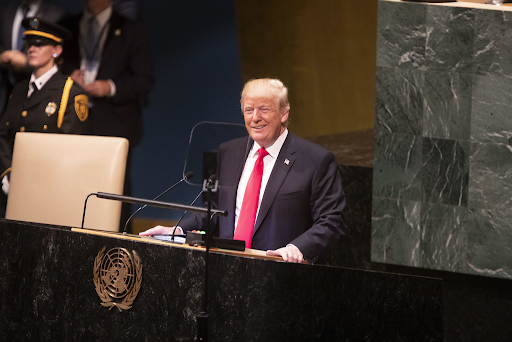President Donald Trump’s UN speech showcased his black-and-white worldview, one that leaves no room for the nuance and complexity that define Indian foreign policy. The clash between these two opposing approaches—Trump’s simplistic moralism versus India’s pragmatic multilateralism—is at the heart of the current diplomatic crisis.
For Trump, the world is divided into good and evil, friends and foes. In the context of the Ukraine war, buying Russian oil is an act that supports the “bad guys,” making the buyer complicit. His accusation that India is a “primary funder” of the war is the logical conclusion of this binary thinking. There is no middle ground, no consideration for economic compulsions or historical ties.
This clashes fundamentally with India’s approach. India sees the world in shades of gray, a complex web of overlapping interests. Its foreign policy is built on the idea of “multi-alignment,” maintaining good relationships with multiple, often competing, power centers like the US and Russia. This nuanced strategy allows it to maximize its options and protect its interests.
Trump’s speech was a direct assault on this nuanced worldview. He is demanding that India abandon its multi-alignment and adopt his black-and-white framework. The pressure is being applied through tariffs and public condemnation, tools designed to force a clear choice.
The speech, which also included the overly simplistic and self-serving narrative about ‘Operation Sindoor’, highlights a fundamental incompatibility. India’s strategic culture is one of balance and complexity, while Trump’s is one of ultimatums and simple binaries. This clash of worldviews is now threatening to tear a vital partnership apart.

